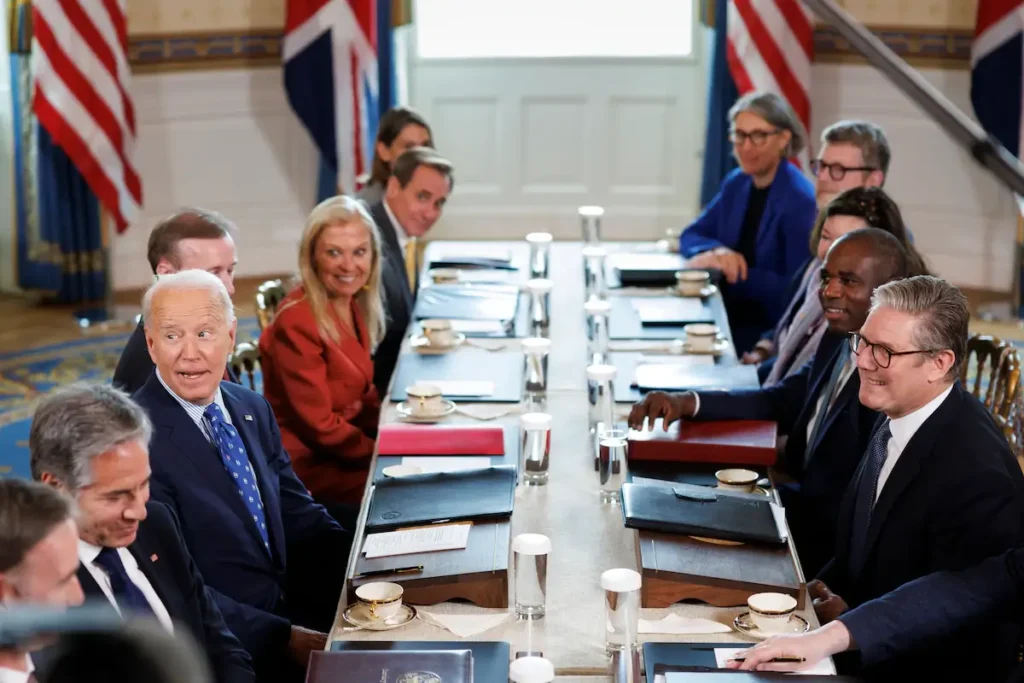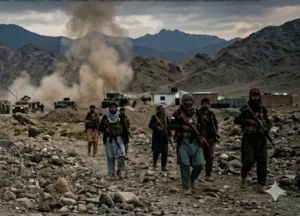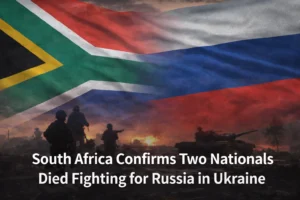UK Prime Minister Sir Keir Starmer recently met with President Biden at the White House to discuss pressing global issues. Before their meeting, Starmer’s team gathered in a secure room at the British Embassy, safe from potential eavesdropping. They conferenced with British staff in Ukraine and Russia to finalize their briefing.
Upon arrival at the White House, Keir Starmer and Biden exchanged warm words in the Rose Garden before heading to the Blue Room. Their delegations joined them, with seven colleagues on each side. Journalists were briefly allowed in but soon escorted out.
The private 90-minute conversation focused primarily on Ukraine but also the Middle East, China, and Iran. Downing Street had sought to frame this meeting as an opportunity for in-depth discussion beyond the typical summit rhetoric.
With President Biden’s term ending in four months, some question the meeting’s urgency. However, the gravity of issues like Ukraine’s ongoing struggle demands attention. The UK has advocated for allowing Kyiv to fire Western missiles into Russia, but Biden remains skeptical, fearing direct conflict with Moscow.
This concern is heightened by Vladimir Putin’s recent saber-rattling, sparking worries about potential military attacks on NATO member states or lower-level aggression like cyber attacks. Diplomats and intelligence experts must navigate the psychology of a leader at war, attempting to anticipate Putin’s next move.
The meeting didn’t yield a resolution on Western missiles, as further UN conversations are forthcoming. Keir Starmer declined to comment on whether he swayed Biden’s stance.
The West faces a daunting challenge: defeating Russia without provoking Moscow. This dilemma has plagued leaders since Ukraine’s full-scale invasion two and a half years ago. The consequences of action and inaction weigh heavily, making every decision crucial.









